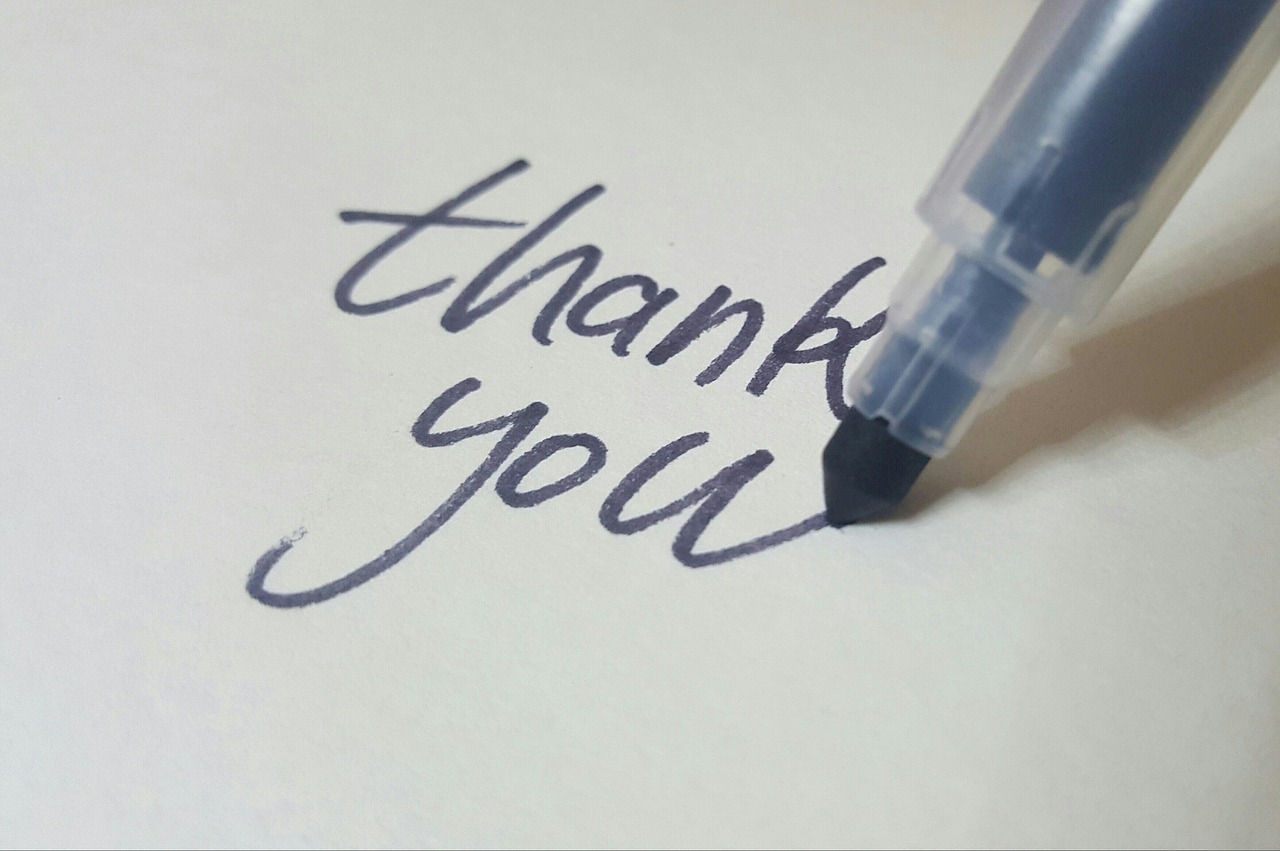It only seems natural to say “thank you” when someone passes the salt or when someone holds a door for you. Maybe you have noticed that this behavior is becoming pretty unusual and rare around us. Some experts believe that’s not necessarily a bad sign. Why saying less “thank you” is actually good news? Keep reading to find out the thoughts of a group of researchers.
We don’t say “Thank you” and “Please” that much anymore, right? We all noticed that, and sometimes we are not happy about it, sometimes we don’t pay that much attention to it and at times we noticed that we are the one who doesn’t express verbal gratitude to others. A new study has confirmed that we are saying “thank you” less. Moreover, the verbal expression of gratitude is even less common than you might think. Are we becoming more rude and ungrateful than we realize? Are we used to the lack of “thank you” around us?
A study published in the Royal Society Open Science looked at language and casual communication in eight languages in five different continents. In more than 1 500 studied exchanges where one person assisted someone else, a verbal expression of gratitude occurred only 5% of the time.

Say “Thank you”
Surprisingly, many languages don’t even have a word for “thank you.” A language studied, Cha’paala, spoken in South America, has no word for “thank you.” For some languages like Siwu (spoken in Western Africa) and Lao (spoken in Southeast Asia) saying “thank you” can be even perceived as out of place and bizarre. Still, that doesn’t mean that people who speak these languages are not grateful. They can express gratitude without saying “thank you.” For example, people who speak Murrinhpath (spoken in Australia) express gratitude by saying: “That’s right, you’re beautiful.” People around the world, in different cultures, express gratitude in different ways, and that’s completely normal. Still, when researchers included those alternative expressions of gratitude, the act of verbal gratitude is becoming very rare across the globe.
Other languages in the study included Russian, Italian, Polish and English. There is a higher rate of verbal gratitude in Western culture, it sill occurred less than 15% in languages such as English and Italian.
In our culture, we are taught to say “thank you” from an early age. Saying “thank you” and “please” is a matter of good manners. It’s a script for normal and polite behavior. The absence of verbal acknowledgement of gratification can be perceived as a lack of moral etiquette. Our parents thought us from a young age how important it is to say “please” and “thank you.” “What do you say?” you might hear from a young parent if someone did something nice for a child.
Still, researchers suggest that the lack of saying “thank you” is not necessarily perceived as rude. Why? Researchers found that a rate of 7 to 1 people always comply with another person’s request. In a way, doing what’s requested from you such as passing the salt is perceived as the norm, more than saying “thank you” when someone does something we requested from them to do.
According to the study, we are operating differently “by simply continuing with one’s activities, relying on a shared understanding of the good, service, or support received as part of a system of social rights and duties governing mutual assistance and collaboration.”
According to researchers, the lack of saying “thank you” does not mean that we are not appreciative of each other. It just means that the culture is set that we should be complying to other people’s request and we hardly even notice that. Still, how hard is it to say “thank you.”





